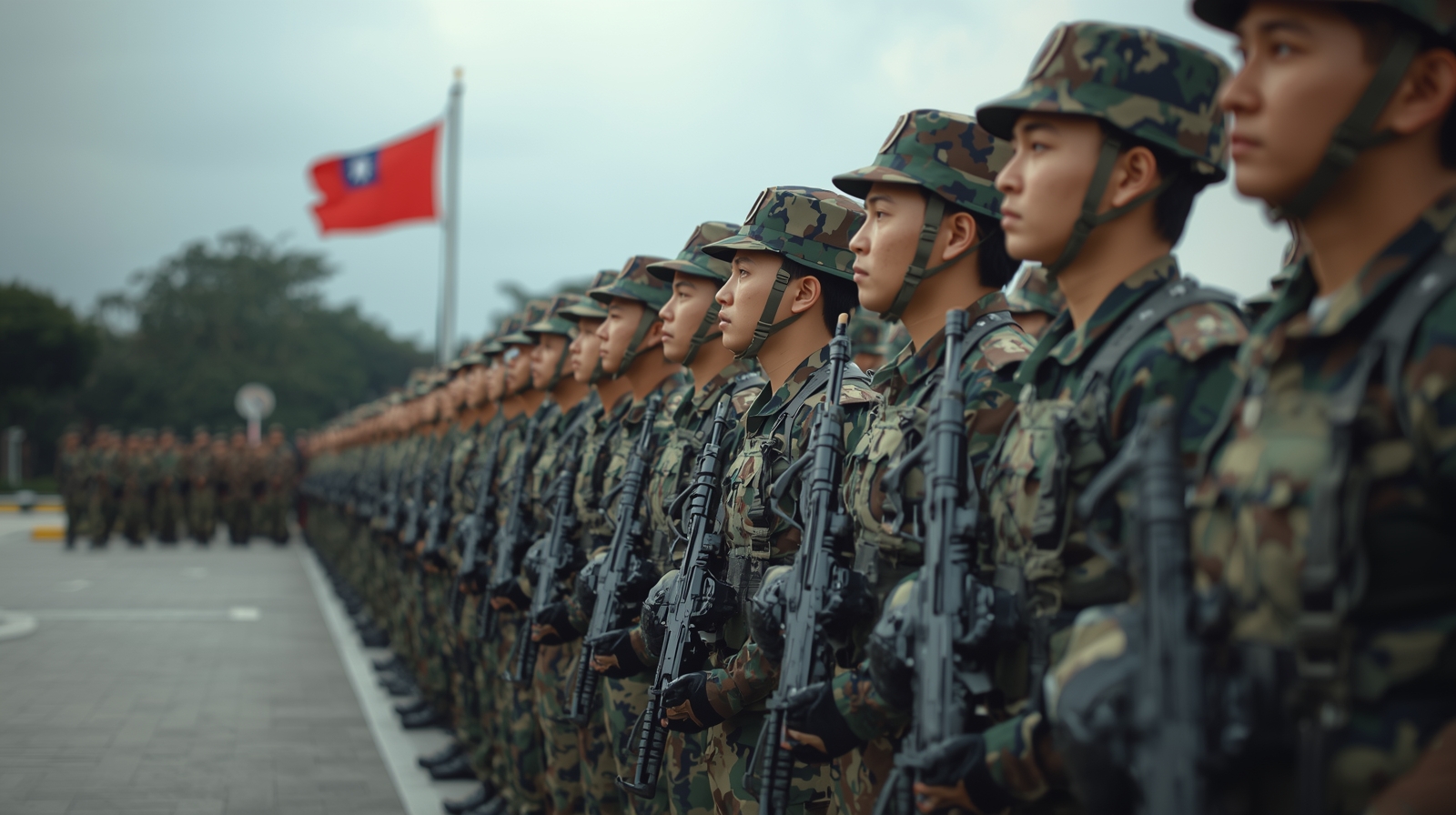China has issued arrest bounties for Taiwanese military officers accused of running psychological operations that target Beijing.
The Ministry of State Security (MSS) claims these officers spread “anti-China propaganda” and promoted “separatism” through digital influence campaigns.
State media reports that the MSS is offering rewards of up to 1 million yuan ($137,000). The payments apply to tips leading to the capture of listed members of Taiwan’s defense information division.
The move underscores China’s growing focus on linking information warfare to national security enforcement.
Escalation in Information Warfare
This development marks the latest escalation in China’s long-running campaign against Taiwanese political autonomy and digital influence operations. The MSS framed the move as part of its anti-separatist initiative, which has expanded from traditional espionage into cyber psyops and online propaganda tracking.
Notably, the announcement mirrors recent operations in which Chinese authorities have issued similar bounties for alleged “foreign spies,” blending counterintelligence with political messaging.
Taiwan’s Ministry of National Defense (MND) condemned the bounty as “political intimidation” aimed at undermining morale within the military’s Psychological Warfare and Political Operations Bureau. Officials emphasized that the unit’s mission focuses on countering misinformation and defending democratic institutions from cyber threats.
In addition, Taiwan’s Mainland Affairs Council warned that the move violates international norms and represents a form of “digital coercion” designed to blur the lines between information operations and criminal prosecution.
The Role of Psychological Operations in Modern Cyber Conflict
Taiwan’s psyops and information units have become central to its cyber defense strategy, countering waves of disinformation targeting elections, economic policies, and national identity.
Meanwhile, Chinese cyber units often associated with MSS-linked influence campaigns have used social media platforms, messaging apps, and AI-generated content to spread divisive narratives about Taiwan’s leadership and U.S. relations.
Therefore, the current bounty announcement fits into a broader pattern of cognitive warfare, where digital information is weaponized alongside cyber intrusion.
Experts suggest that Beijing’s bounty program is less about law enforcement and more about psychological signaling a move designed to remind Taiwan’s defense apparatus of China’s extraterritorial reach.
Furthermore, the policy may complicate cross-strait relations, giving Chinese security agencies greater latitude to label online activism or research as “separatist espionage.”
Legal analysts warn that such measures risk international condemnation, as they could target individuals outside China’s jurisdiction based on political affiliation.
International Reaction and Strategic Context
U.S. and allied intelligence officials view the bounty as another sign of China’s hybrid warfare strategy.
That strategy blends cyber operations, propaganda, and political influence into one coordinated campaign.
Meanwhile, Western security analysts say the action mirrors new doctrines within the People’s Liberation Army (PLA). These doctrines stress “information dominance” and “public opinion warfare” as key tools of statecraft.
As a result, the bounty may act as both a deterrent and propaganda. It criminalizes Taiwan’s information efforts while signaling Beijing’s intent to control the narrative of the cross-strait conflict.
The incident underscores how cyber operations, influence campaigns, and geopolitical signaling are converging into a single domain of competition. Moreover, it highlights the risk of escalation between China and Taiwan as both sides increasingly use digital influence tactics for strategic leverage.
For cybersecurity professionals, this event demonstrates the need for cross-domain situational awareness where information warfare cannot be separated from cyber defense or intelligence collection.
Information Warfare Becomes the Frontline
China’s bounty announcement against Taiwan’s psyops unit symbolizes a shift from covert influence to overt confrontation in the digital domain.
Ultimately, this case demonstrates that information warfare once the shadow layer of statecraft now sits at the heart of modern geopolitical conflict. For both nations, the boundary between security operations and propaganda has become nearly indistinguishable.











2 thoughts on “China Issues Arrest Bounty Over Taiwan Psyops Campaign”